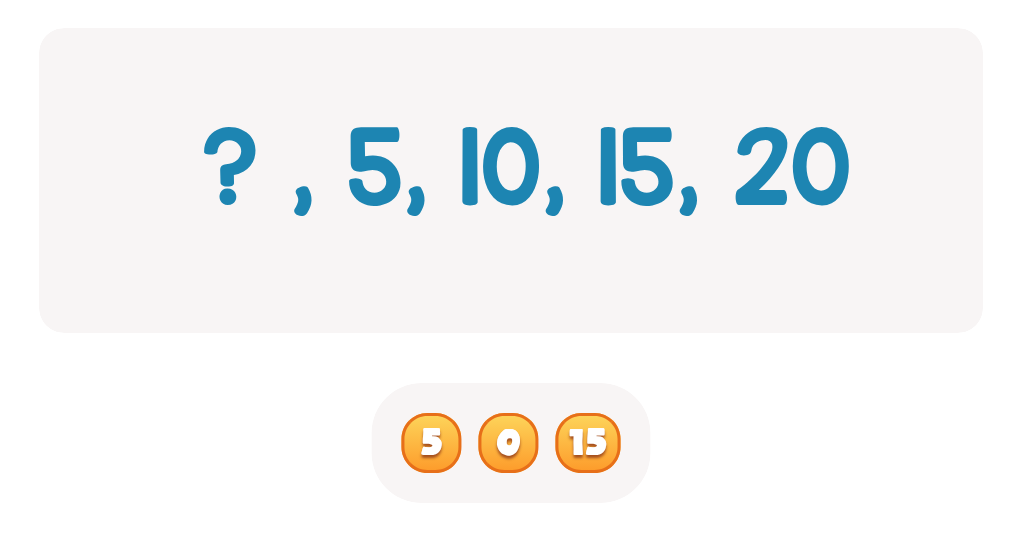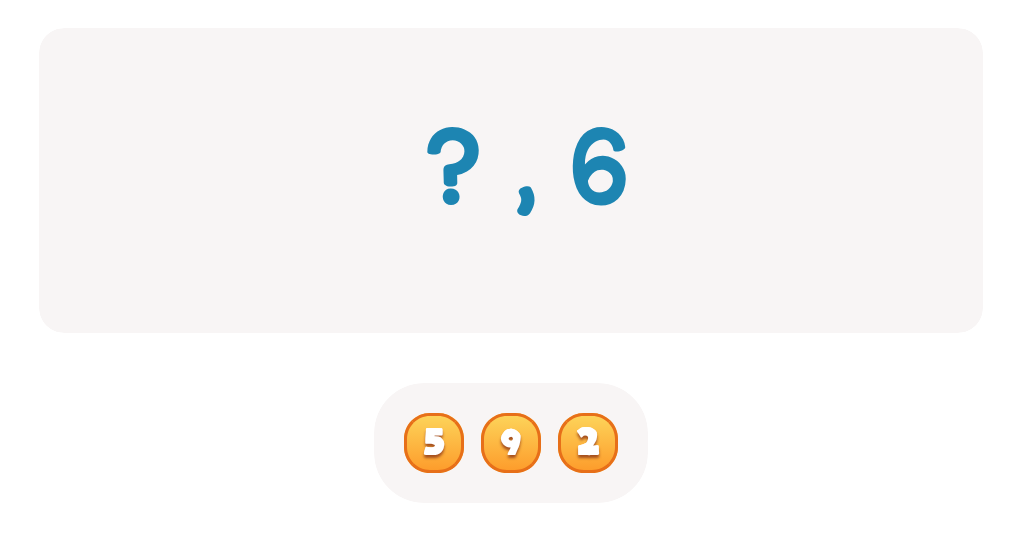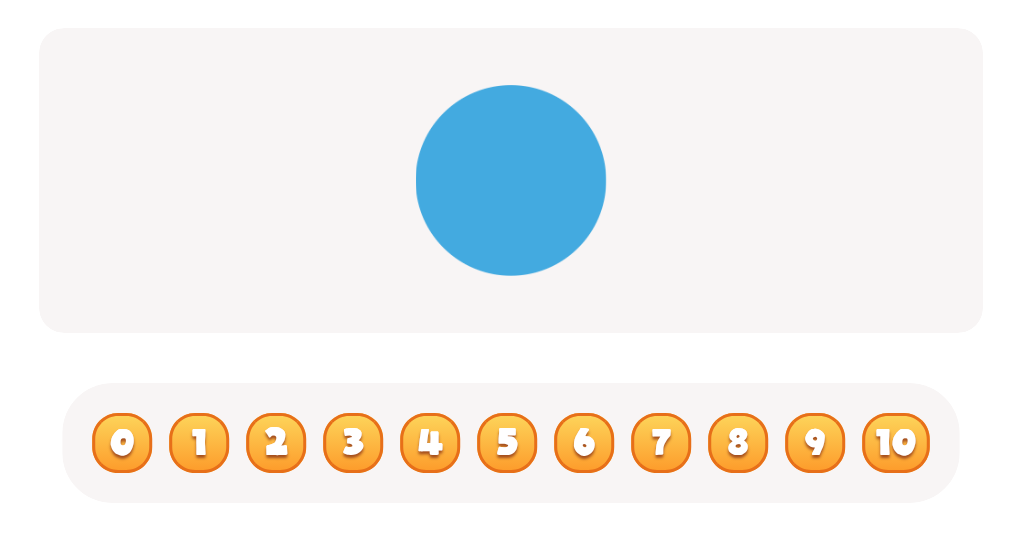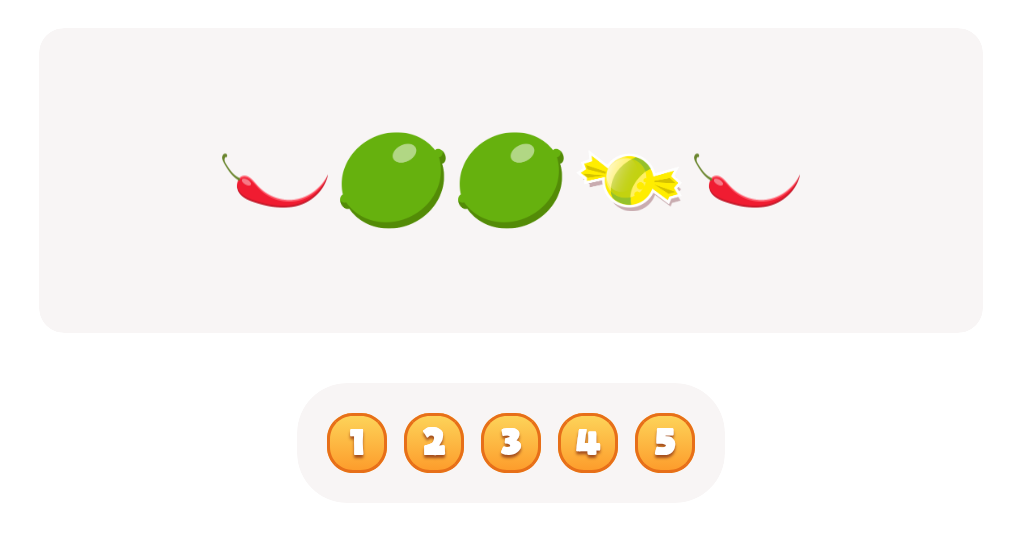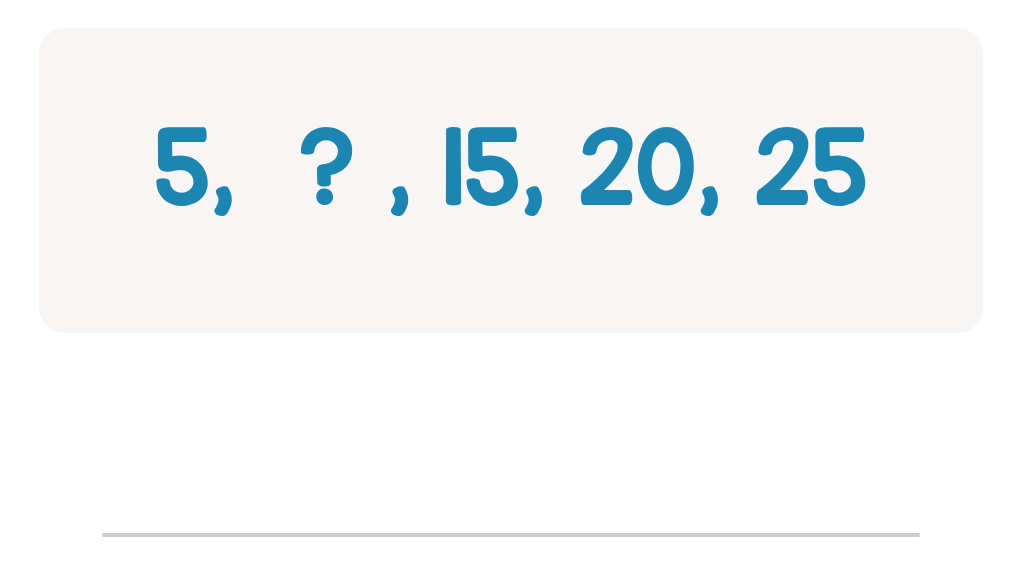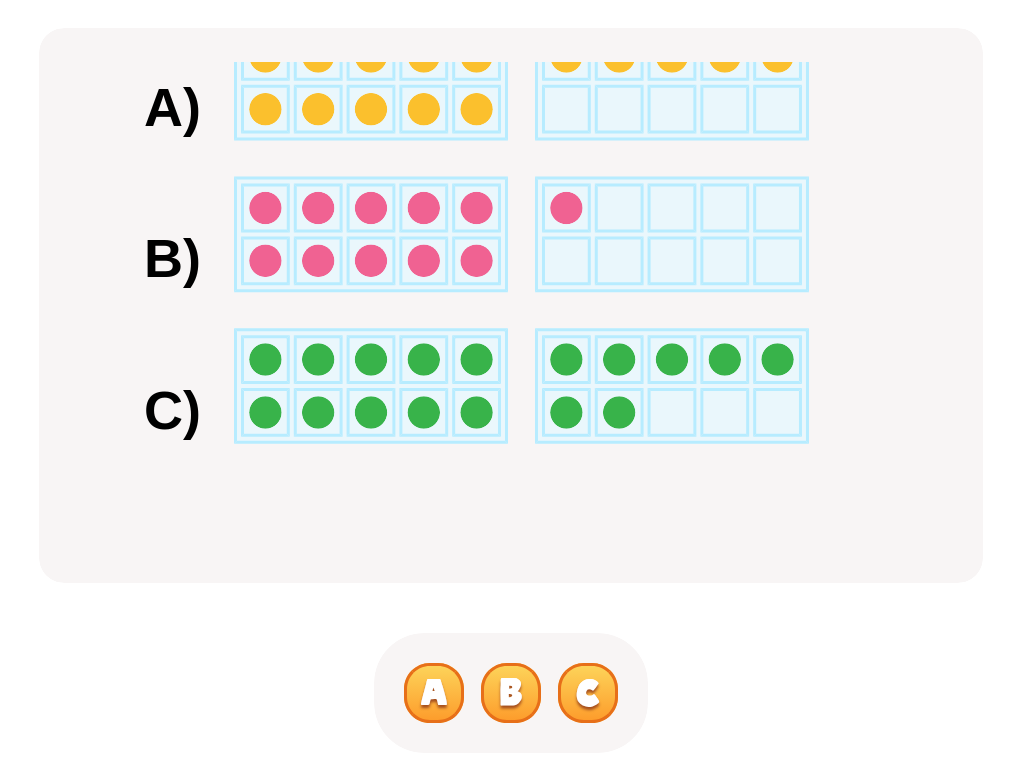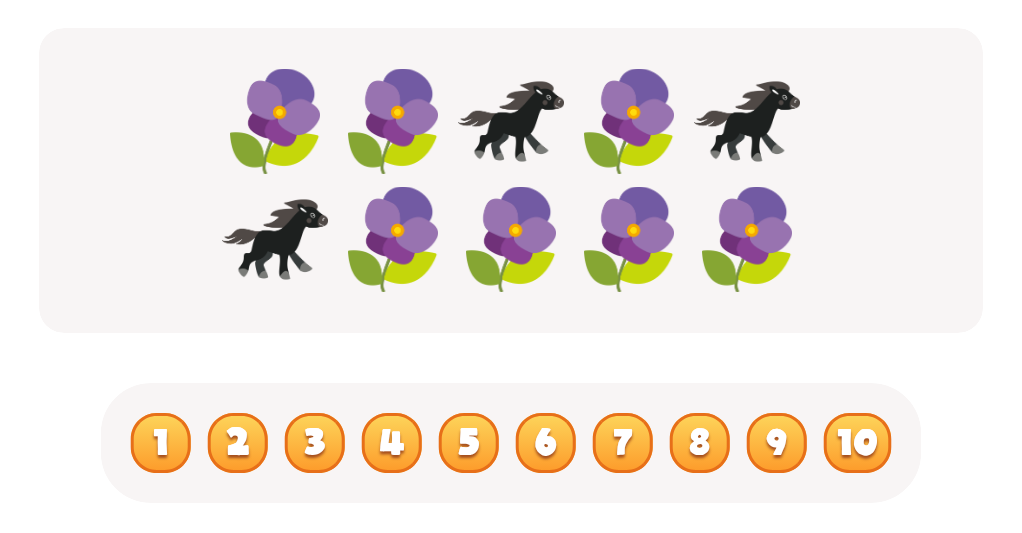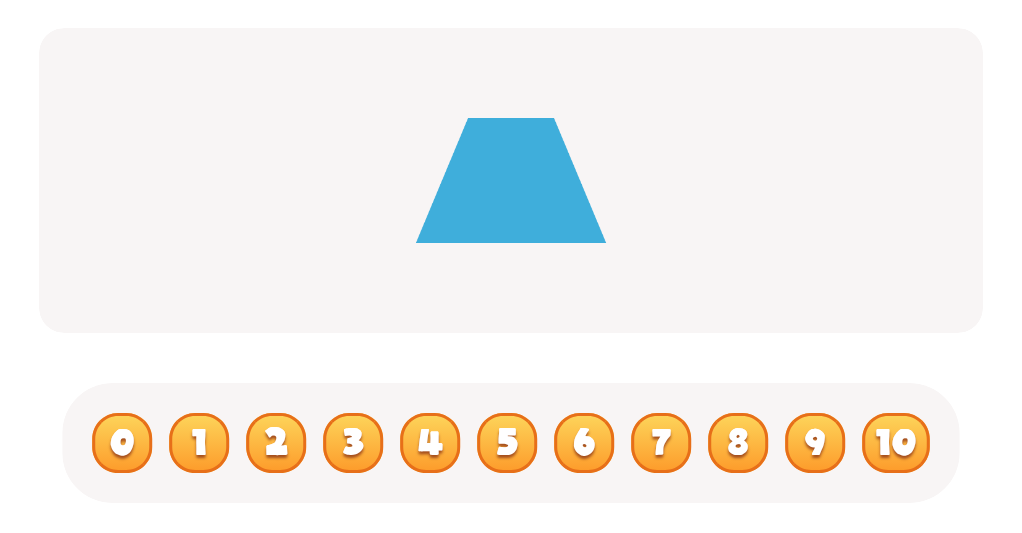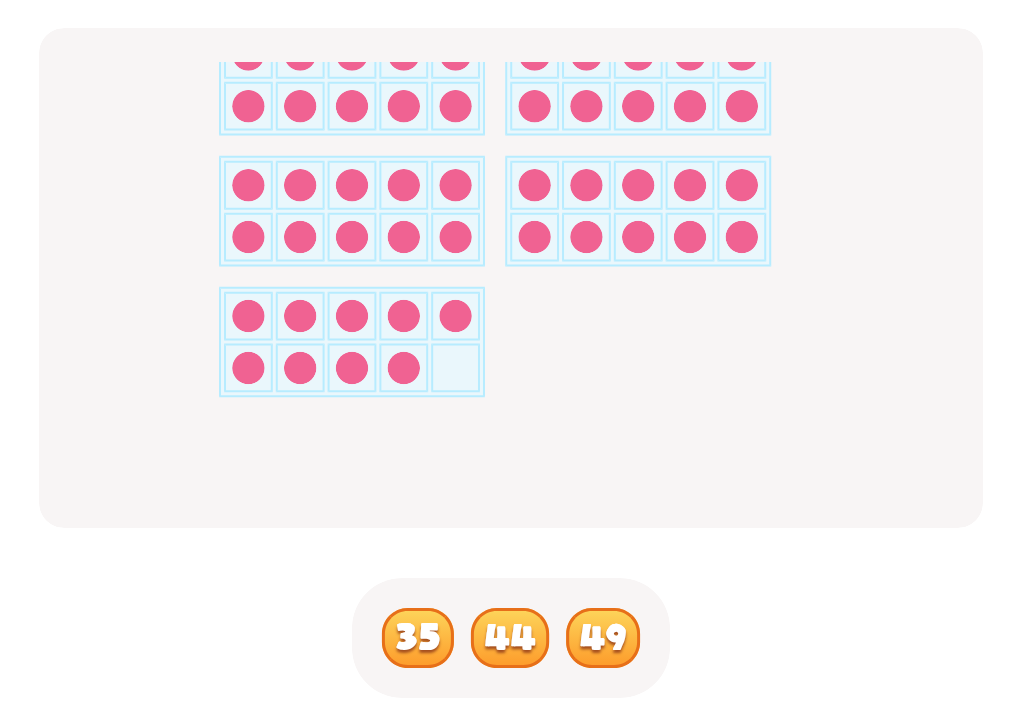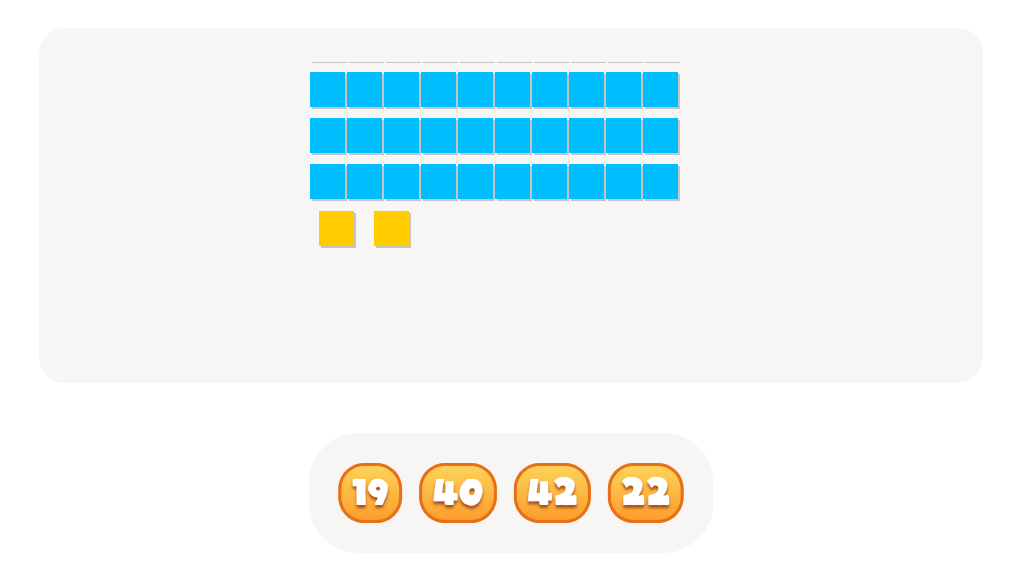Fine Motor Skills Normal Counting Worksheets for Ages 4-8
3 filtered results
-
From - To
Discover engaging Fine Motor Skills Normal Counting Worksheets designed specifically for children ages 4 to 8! These printable resources help young learners enhance their counting abilities while simultaneously developing essential fine motor skills. With a variety of fun exercises, kids will practice number recognition, counting objects, and writing numbers, all while honing their hand-eye coordination and dexterity. Each worksheet is visually appealing and aligned with developmental milestones, ensuring that learning is both effective and enjoyable. Perfect for teachers, parents, and caregivers, these worksheets provide a comprehensive approach to early math education. Start building lifelong skills in a playful way today!
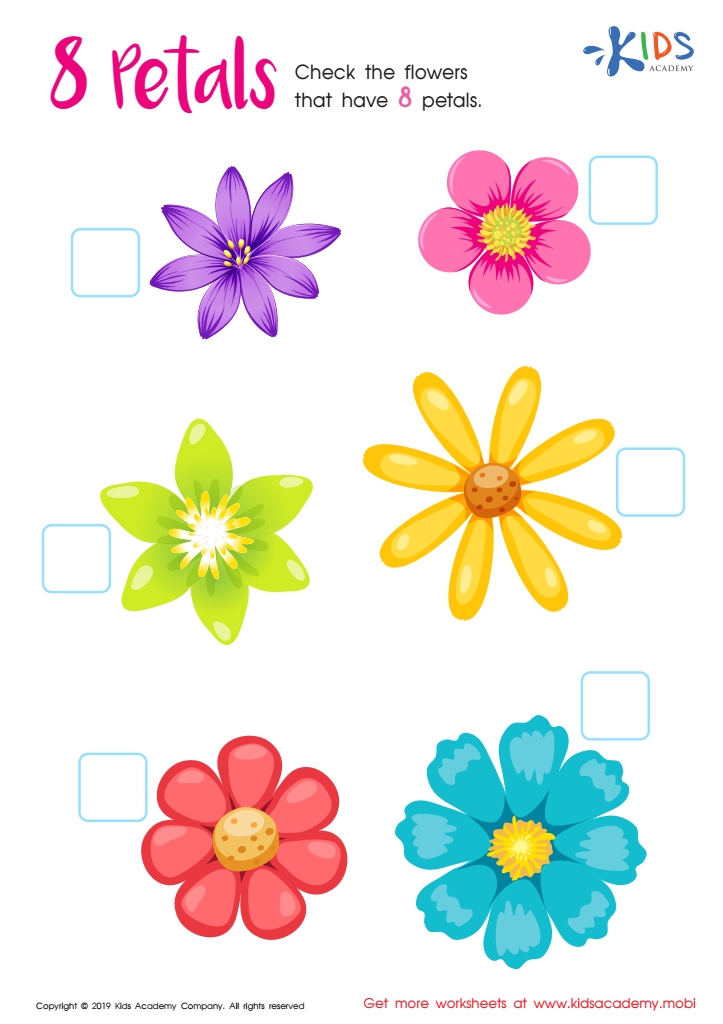

8 Petals Worksheet
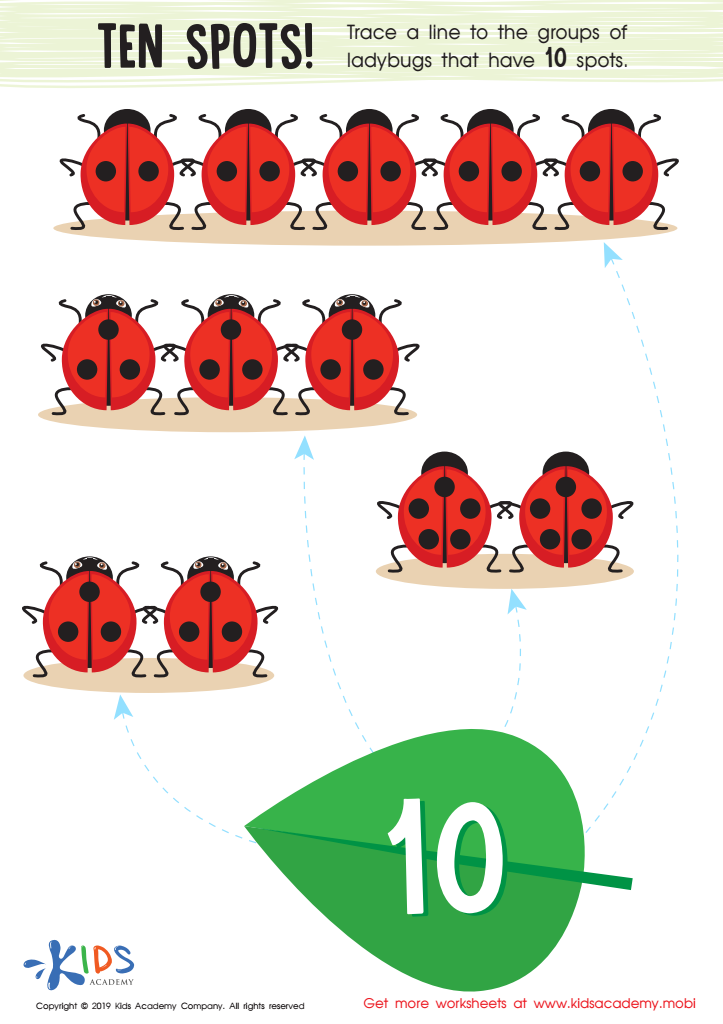

Ten Spots Worksheet


Frog Countdown Worksheet
Fine motor skills and normal counting are foundational skills crucial for children ages 4-8 and have long-term implications for their development. Fine motor skills involve the coordination of small muscle movements, typically in the hands and fingers, which are essential for tasks like writing, drawing, and manipulating small objects. Developing these skills allows children to engage in activities that foster creativity and problem-solving, laying the groundwork for academic success.
Additionally, normal counting serves as a critical component of early numeracy. Children learn to recognize numbers, understand one-to-one correspondence, and develop basic math skills. Mastery of counting not only boosts confidence in mathematics but also enhances cognitive development.
Parents and teachers should care about these skills because they directly impact a child's ability to participate in academic and everyday life. Children with strong fine motor skills and counting abilities tend to perform better in school, foster independence, and cultivate social interactions through play and collaborative tasks.
By addressing fine motor skills and counting during these formative years, caregivers can support children in building essential skills that will benefit them throughout their educational journey and beyond. Emphasizing play-based activities can make learning these skills enjoyable and effective, creating a solid foundation for future success.
 Assign to My Students
Assign to My Students
